解析债权纷争:民法基本原则的实践应用
zhao(作) 基本原则在现代社会中,债权纠纷是常见的法律问题之一。作为民事法律关系的重要组成部分,债权关系的稳定和保护直接关系到市场经济的健康发展和社会秩序的和谐稳定。本文将围绕“解析债权纷争:民法基本原则的实践应用”这一主题,从以下几个方面进行探讨: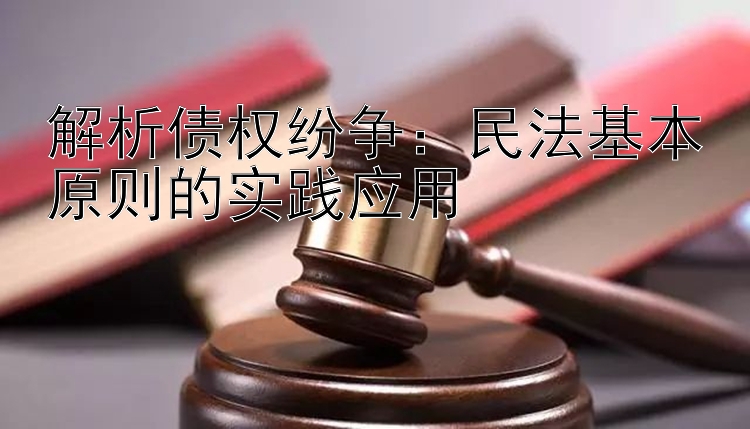
一、民法基本原则概述 民法的基本原则包括平等、自愿、公平、诚实信用、公序良俗等。这些原则不仅指导着民法的立法、司法活动,也是解决民事纠纷时应当遵循的重要准则。
二、债权的概念与分类 债权是指权利人请求债务人为特定行为(通常为给付)的权利。根据不同的标准,债权可分为合同之债、侵权之债、无因管理之债、不当得利之债等多种类型。每一种类型的债权都有其独特的产生原因和法律适用。
三、合同法中的债权保护 合同是当事人之间设立、变更或者终止民事关系的协议。合同的订立、履行、解除、违约责任等问题都涉及到债权的保护。在实践中,法院会依据合同法的相关规定对债权人的权益进行维护。
四、侵权责任法中的债权保护 当债务人因其过错导致债权人遭受损害时,债权人可以通过提起侵权损害赔偿诉讼来主张自己的权利。侵权责任法为此提供了相应的法律依据和支持。
五、物权法中的债权保护 在物权变动过程中,如买卖、赠与、抵押等,可能会涉及债权人与物权人之间的利益冲突。物权法通过规范物的归属和利用,保障了债权人在交易过程中的合法权益。
六、 In the modern society, disputes over debts are common legal issues. As an important part of civil legal relations, the stability and protection of debt relationships directly affect the healthy development of market economy and the harmonious stability of social order. This article will explore from several aspects under the theme "Analyzing Debt Disputes: Practical Application of Basic Principles of Civil Law":
I. Overview of basic principles of civil law The basic principles of civil law include equality, voluntariness, fairness, good faith, public order and good customs, etc. These principles not only guide legislative activities in civil law, but also serve as important norms for resolving civil disputes.
II. The concept and classification of creditor's rights Creditor's rights refer to the right of a claimant to request that the obligor perform specific acts (usually payment). According to different standards, creditor's rights can be divided into contractual obligations, tort liabilities, obligations arising from non-contractual performance of duties, and unjust enrichment claims. Each type has its own unique causes of origin and applicable laws.
III. Protection of creditor's rights in Contract Law Contract is an agreement between parties to establish, change or terminate civil relationships. Issues such as the formation, performance, termination, and breach of contract all involve the protection of creditors' rights. In practice, courts rely on provisions of the Contract Law to safeguard the interests of creditors.
IV. Protection of Creditors' Rights in Tort Liability Law When the debtor caused damage to the creditor due to his fault, the creditor could initiate a tort damages lawsuit to assert their rights. Tort liability law provides corresponding legal support for this.
V. Protection of creditor's rights in Property Law During property transactions such as sale, gift, mortgage, etc., conflicts may arise between the interests of creditors and owners. Through regulation of ownership and use of things, property law ensures the legitimate rights and interests of creditors during transactions.
VI. Case Analysis To better illustrate how these principles apply in real cases, let us consider a hypothetical scenario where Party A lends money to Party B with a written loan contract. However, when it comes time for repayment, Party B refuses to pay back the loan despite repeated demands by Party A.
Under these circumstances, Party A would likely file a lawsuit against Party B based on the principle of pacta sunt servanda (agreements must be kept) which is derived from the voluntary principle. The court would then examine the validity of the loan contract and whether there were any violations of other civil law principles. If the terms of the contract were clear and neither party was found to have acted fraudulently or unreasonably, the court would most likely rule in favor of Party A and require Party B to repay the loan plus interest if stipulated within the contract.
This case demonstrates how the application of civil law principles can effectively resolve disputes involving creditor's rights. It underscores the importance of having well-drafted contracts and adhering to ethical business practices to minimize potential litigation risks.
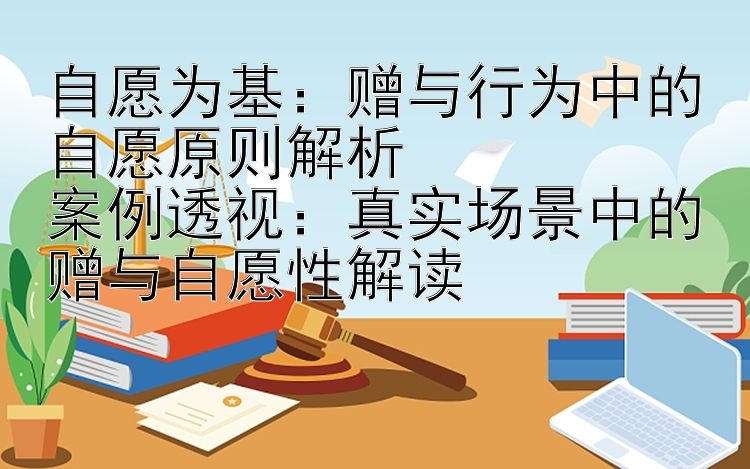

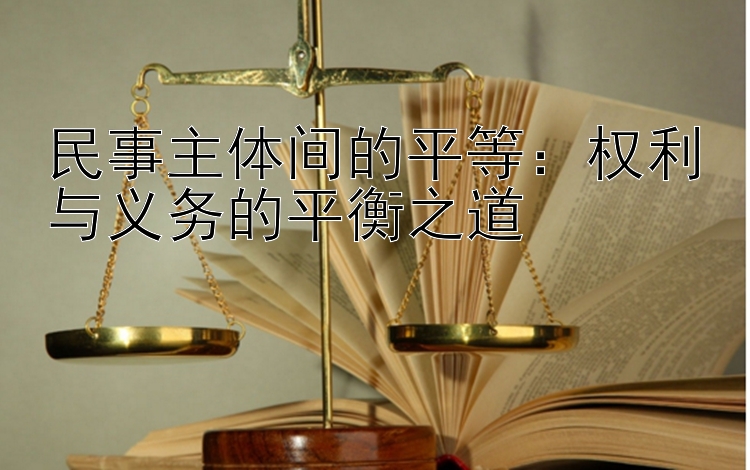
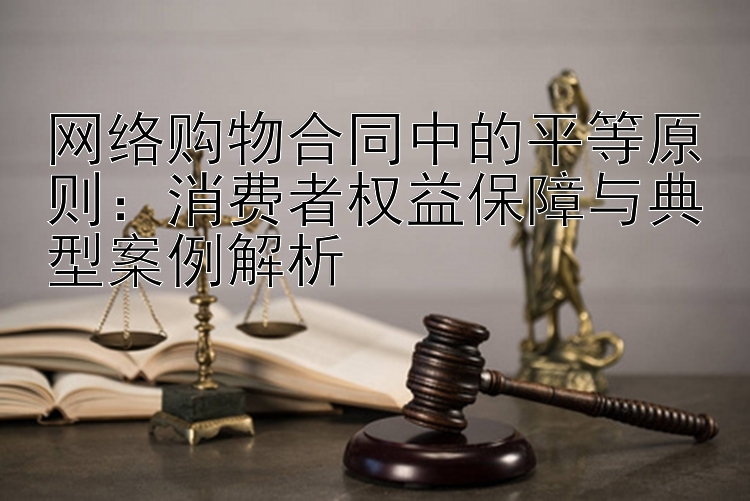

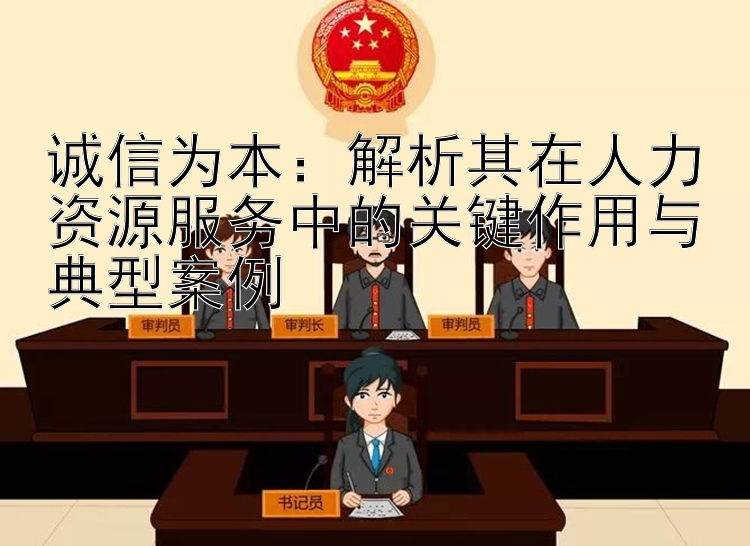
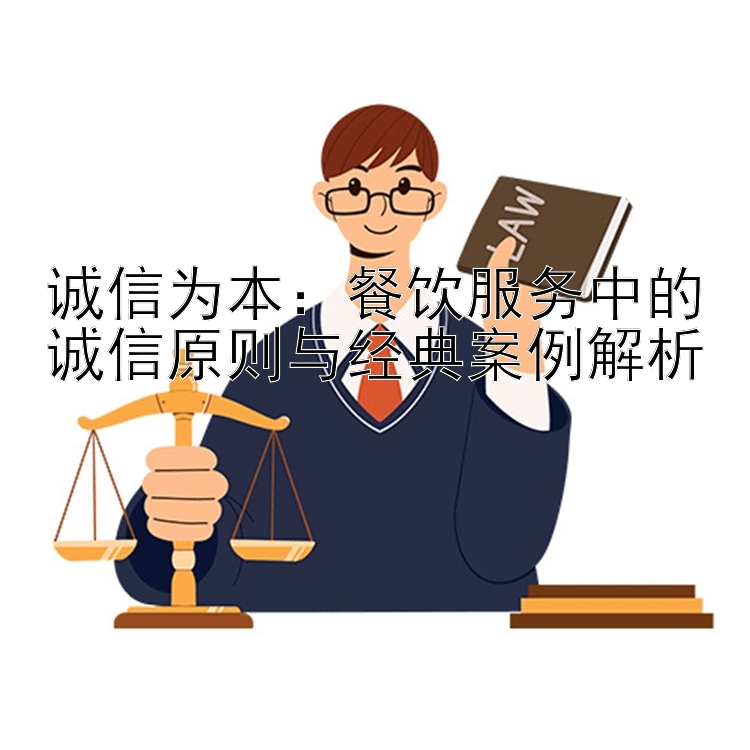

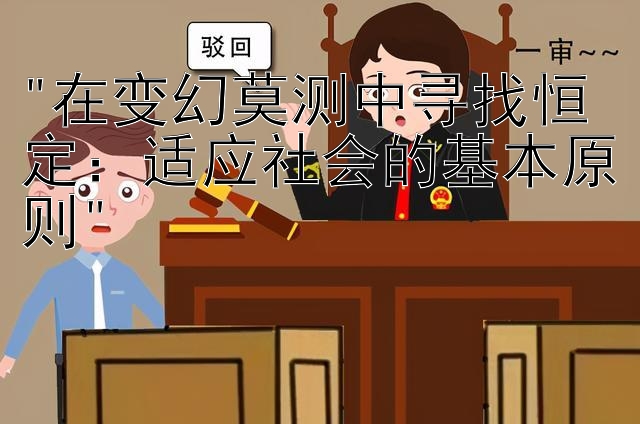 在变幻莫测中寻找恒定:适应社会的基本原则
在变幻莫测中寻找恒定:适应社会的基本原则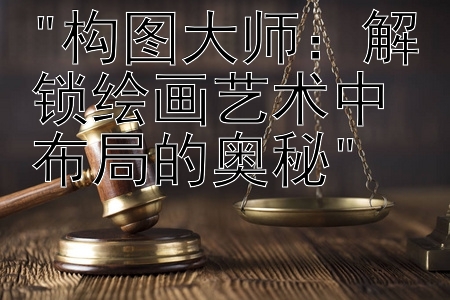 构图大师:解锁绘画艺术中布局的奥秘
构图大师:解锁绘画艺术中布局的奥秘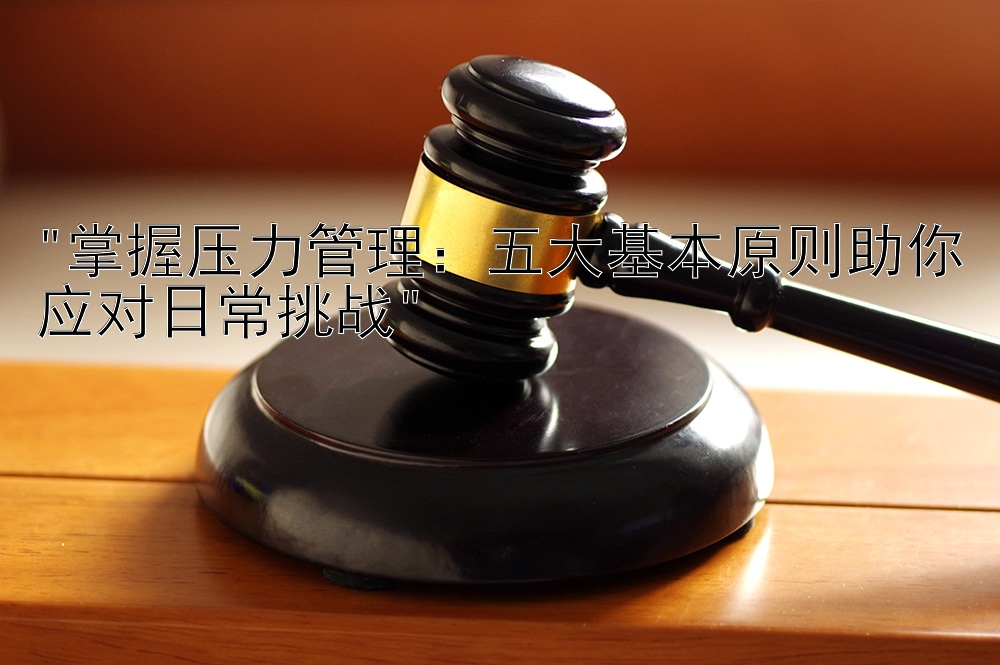 掌握压力管理:五大基本原则助你应对日常挑战
掌握压力管理:五大基本原则助你应对日常挑战 深入理解敏捷开发原则:软件开发的灵活与效率之道
深入理解敏捷开发原则:软件开发的灵活与效率之道 探索机器学习基石:掌握其核心原则与实践技巧
探索机器学习基石:掌握其核心原则与实践技巧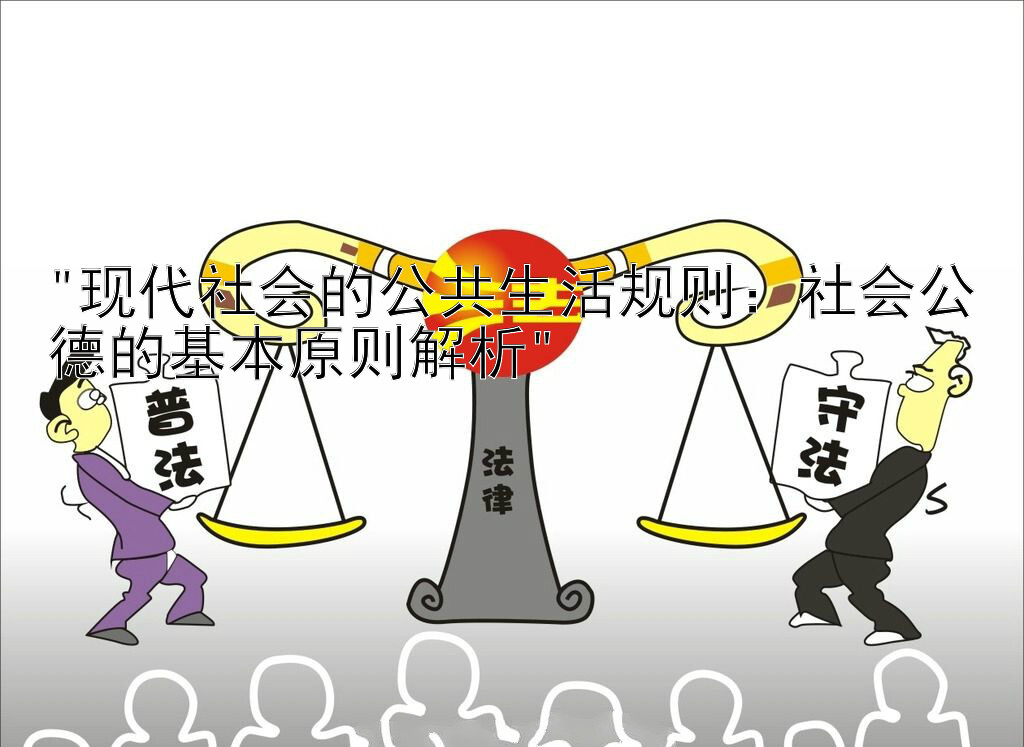 现代社会的公共生活规则:社会公德的基本原则解析
现代社会的公共生活规则:社会公德的基本原则解析